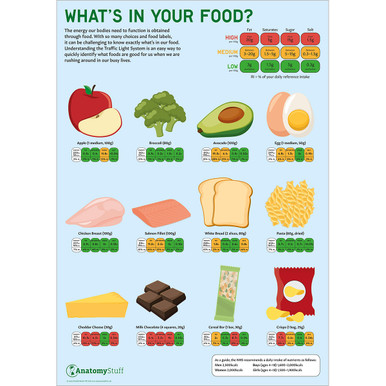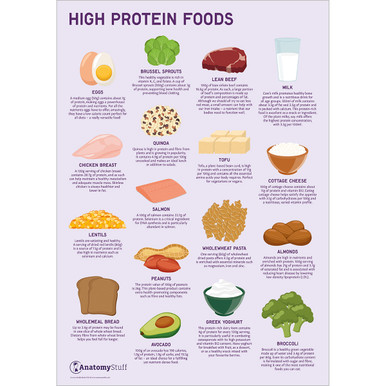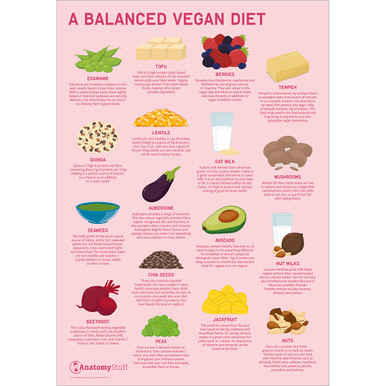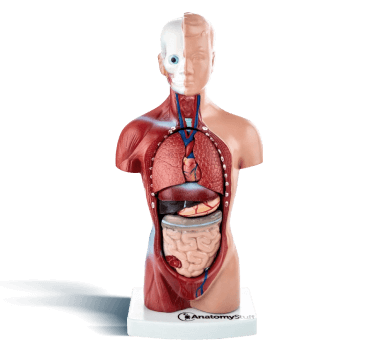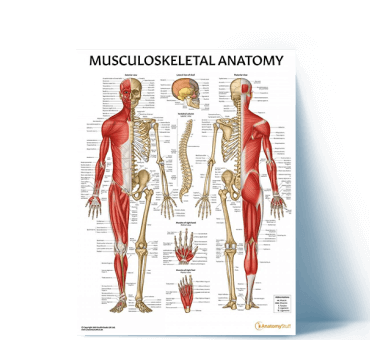Vegan January (Veganuary)
Veganism is a lifestyle that seeks to exclude the use of any animal for any reason, including but not limited to food, clothing, and entertainment. Basically, vegans abstain from eating anything that comes from an animal.
Do you want to make a change this January? Live a vegan lifestyle, take advantage of a plant-based diet? Take a look at our piece below to see the many benefits of becoming vegan this year.
There are several motivations for people to choose a vegan lifestyle. These are often rooted in ethics and environmentalism, but they can also be motivated by a focus on wellness.
Over the past decade, more and more people have reduced or eliminated meat and dairy from their diets.
Why change to the vegan diet?
A vegan diet can support weight loss efforts also. Vegetarianism has been linked to improved cardiovascular health. Additionally, this diet has shown promise in reducing the risk of developing type 2 diabetes and several malignancies. If you are currently eating a standard Western diet and want to go vegan, you will need to give up all meat and animal products, but the benefits might well be worth it!
According to research, vegans tend to have healthier hearts and lower disease risks. Meat-free diets have been linked to a reduced risk of obesity, cardiovascular disease, high cholesterol, and hypertension. Vegans have a lower risk of developing diabetes and several forms of cancer, including gastrointestinal (GI) and breast, ovarian, and uterine cancers in women.
How can I start my vegan diet?
If you want to extend your life, going vegan may be the way to do it, especially in conjunction with reducing your calorie intake.
For some extra research, why not take a look at our Vegan Diet Poster, where you’ll find all you need to know to choose a dairy and meat-free lifestyle?
A good plant-based diet consists of:
• Whole grains
• Fruits/vegetables/beans
• Nuts/seeds
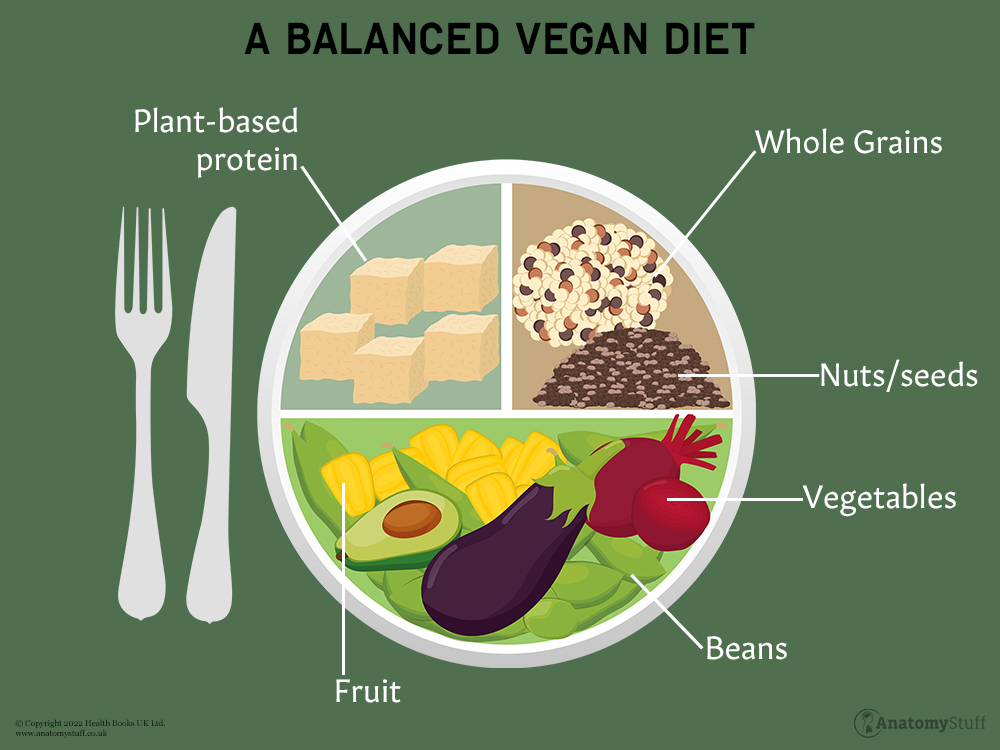
Also, make sure to follow some of the tips and ideas below:
• Vegetables and fruits are essential to a healthy vegan diet, so aim to consume at least five servings daily.
• You should build your meals around starchy foods like potatoes, bread, rice, pasta, and other grains (choose wholegrain where possible).
• Replace some of the dairy in your diet with these fortified soy beverages and yoghurts (choose lower-fat and lower-sugar options).
• Consume some protein-rich beans, lentils, and other foods.
• Omega-3 fatty acid-rich nuts and seeds (such as walnuts) have frequent.
• Regularly go for oils and spreads that are low in saturated fat, and consume them in moderation.
• Complement your vegan diet with vitamin D, vitamin B12, iodine, selenium, calcium, and iron, all of which are harder to come by in a plant-based diet.
• Be sure to hydrate thoroughly (the government recommends 6 to 8 cups or glasses a day).
• Include high-fat, high-salt, and high-sugar foods and drinks in your diet sparingly and in modest amounts.
Takeaway
Does the notion of a vegan diet fascinate you, but you’re unsure how to start? If you wish, you may leap right in and take off everything poultry, meat, eggs, and dairy at once. As an alternative, you might slowly start eating more fruits and veggies with every meal. But either way, there’s no denying the advantages of veganism for your body and for the planet!
Related products
View All






